Call for papers and session proposals: Equity, Diversity, and Inclusion in the Cultural Industries Conference
Posted February 4th, 2022 by Anna Saint Martin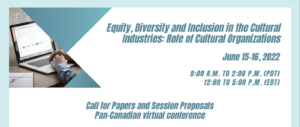
The proposed conference aims to be an exchange between researchers and workers in the cultural industries, where one can share the results of their research on EDI in the cultural industries and the other their experiences in the field. This juxtaposition of real-life experiences and research results aims to develop new knowledge rooted in the practice of workers in these industries. We invite anyone interested in EDI in the cultural industries to submit a paper or session proposal (whether you are a researcher, student, artist, or cultural worker). We look forward to receiving papers and proposals on a variety of topics related to EDI and the cultural industries, including the role of cultural organizations. We aim to present research results and testimonials from the experiences (initiatives, issues, etc.) of cultural workers and artists.
The conference will take place from June 15-16th 2022.


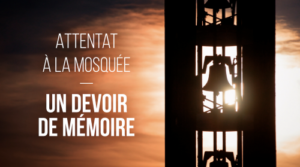
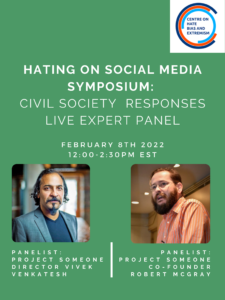
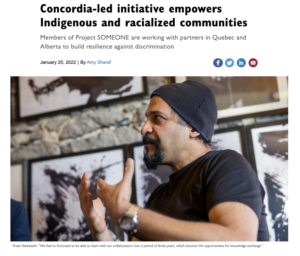
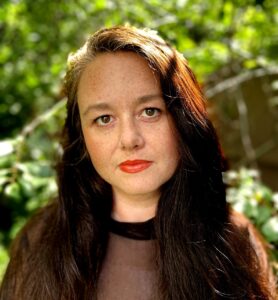

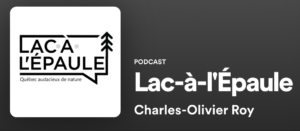
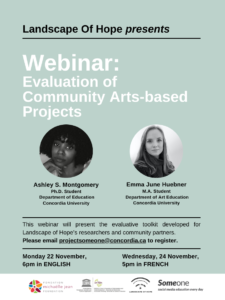



 Français
Français